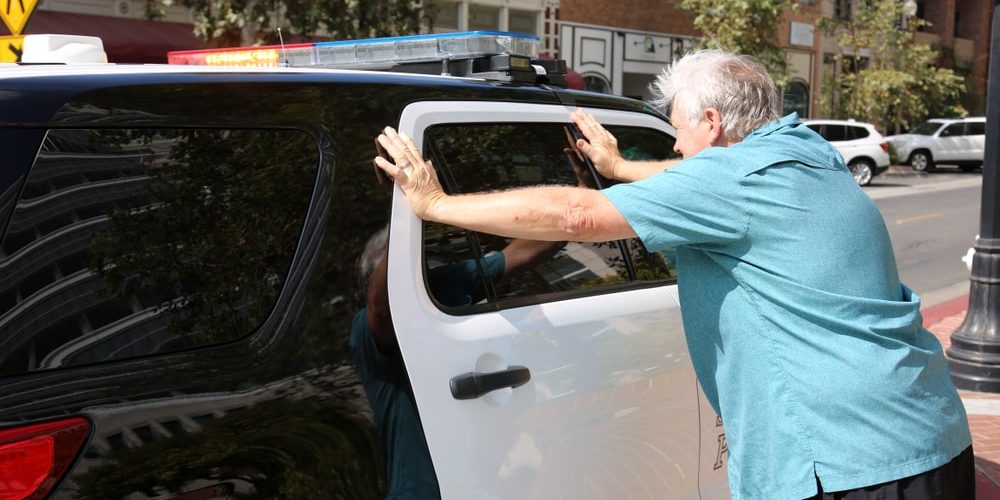Understanding DWI vs DUI California Laws and How They’re Applied
DWI vs DUI California is a topic that often causes confusion, especially for drivers relocating from other states. While both terms refer to impaired driving, California’s laws differ from those in states that use DWI and DUI as separate charges. In California, only one official term is used: DUI, or Driving Under the Influence. That said, understanding the distinction between DWI and DUI as used in other states—and how California approaches impaired driving—can help you make informed decisions and avoid legal trouble.
Does California Use DUI or DWI Charges?
In California, the legal system uses DUI (Driving Under the Influence) as the charge for impaired driving, which includes alcohol, drugs, or both.
California Vehicle Code § 23152 outlines the following:
- DUI (Alcohol): Driving with a blood alcohol concentration (BAC) of 0.08% or more
- DUI (Drugs): Driving under the influence of controlled substances, including prescription medications
- Combination DUI: Driving while impaired by both alcohol and drugs
The legal BAC limits in California are:
- 0.08% for adult drivers (21+)
- 0.04% for commercial drivers
- 0.01% for drivers under 21
Even if your BAC is below these thresholds, you can still be charged if an officer determines that your mental or physical faculties are impaired.
DWI vs DUI in Other States: Why the Confusion Exists
Many people hear “DWI” used in media or other jurisdictions and assume it applies in California. In states like Texas or New York, DWI and DUI are separate charges, often based on the level of impairment or type of substance involved. For example:
- DWI may refer to alcohol-related impairment with a BAC of 0.08% or higher
- DUI may refer to lesser impairment or drug-related cases
California, however, does not make this distinction. All forms of impaired driving—whether due to alcohol, drugs, or both—are handled under the single charge of DUI. This helps simplify prosecution, but also means any form of impairment can carry serious consequences.
For an overview of how other states define these charges, visit the DUI & DWI laws page or NextLegal’s DUI/DWI guide.
Penalties for DUI in California
California treats DUI offenses seriously. The penalties can vary based on your BAC, age, prior offenses, and whether an accident or injury occurred.
First DUI Offense:
- Up to 6 months in jail
- $390–$1,000 in fines (plus penalty assessments)
- 4-month license suspension
- 3 to 9 months of DUI education classes
- Possible ignition interlock device requirement
Second DUI Offense (within 10 years):
- Up to 1 year in jail
- Higher fines
- 2-year license suspension
- 18 to 30 months of DUI education
- Mandatory ignition interlock device
Felony DUI:
- DUI involving injury
- Fourth DUI within 10 years
- Previous felony DUI conviction
- Punishable by state prison, extended license revocation, and large fines
See more on required DUI classes and ignition interlock devices.
How to Avoid a DUI in California
The best way to avoid facing DUI charges is through preparation and smart decision-making. Here are key tips:
- Never drive after drinking or taking impairing substances
- Use rideshare apps, taxis, or designated drivers
- Test your BAC using a personal breathalyzer
- Stay overnight if you’ve been drinking
- Understand how prescriptions affect driving ability
You can use the BAC Test tool to estimate your levels before deciding whether to drive.
DWI vs DUI California: Know the Law and Protect Yourself
In the DWI vs DUI California comparison, the answer is simple: California only charges DUI. Unlike other states that distinguish between DWI and DUI based on substance or impairment level, California combines all forms of impaired driving under a single offense. Whether it’s alcohol, marijuana, prescription pills, or a combination, you can face DUI charges if your ability to drive is compromised.
Arrested for DUI in California? Speak with a Lawyer Today.
DUI charges in California can have significant consequences on your freedom, finances, and future. A defense attorney can help you understand your rights, challenge evidence, and possibly reduce or dismiss charges. Visit 1800DuiLaws.com to request a free case review with a local DUI attorney.
Frequently Asked Questions (FAQs)
1. Is DWI used in California?
No. California only uses DUI for impaired driving charges.
2. What BAC level leads to DUI in California?
0.08% for most adult drivers. Lower limits apply to commercial and underage drivers.
3. Can you get a DUI for drugs in California?
Yes. DUI includes impairment from drugs, even if legally prescribed.
4. What’s the difference between a misdemeanor and felony DUI?
Misdemeanors are for first-time or non-injury cases. Felony DUIs involve injuries, deaths, or repeat offenses.
5. How long does a DUI stay on your record in California?
A DUI stays on your driving record for 10 years, impacting penalties for future offenses.
Key Takeaways
- California only uses DUI, not DWI, for impaired driving offenses
- DUI covers alcohol, drugs, or both
- Penalties include jail time, fines, license suspension, and DUI classes
- Other states may use DWI and DUI separately, but California does not
- Legal representation is vital if you’re charged with a DUI in CA








